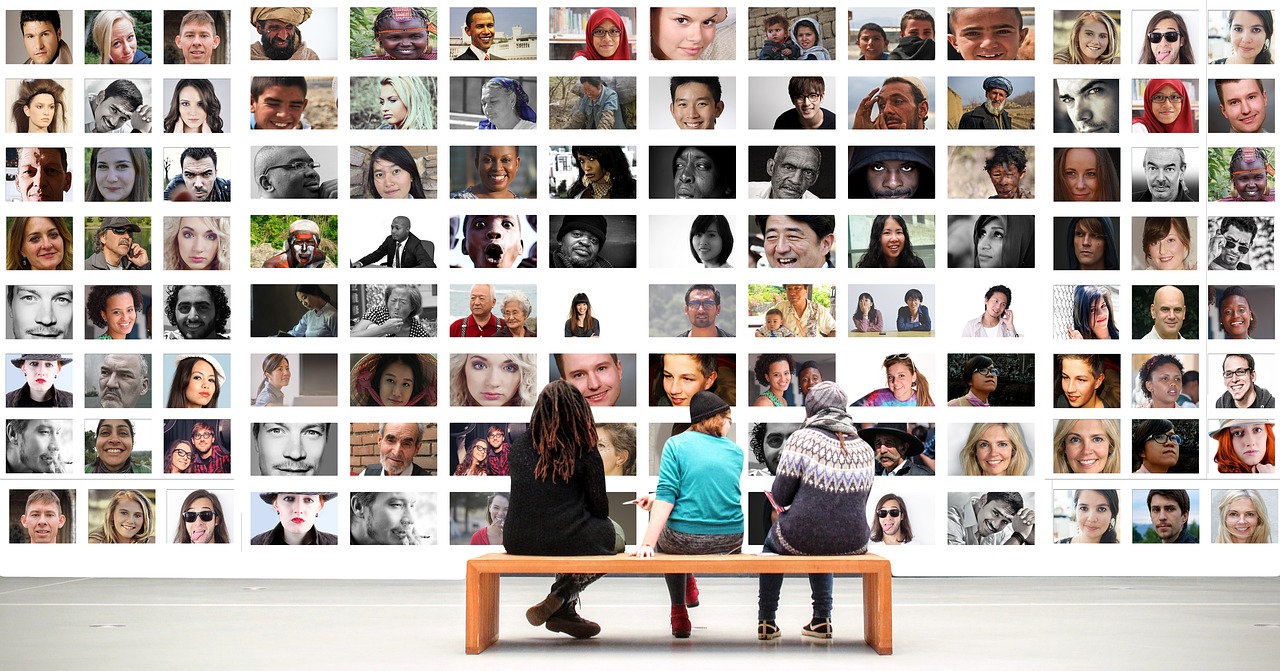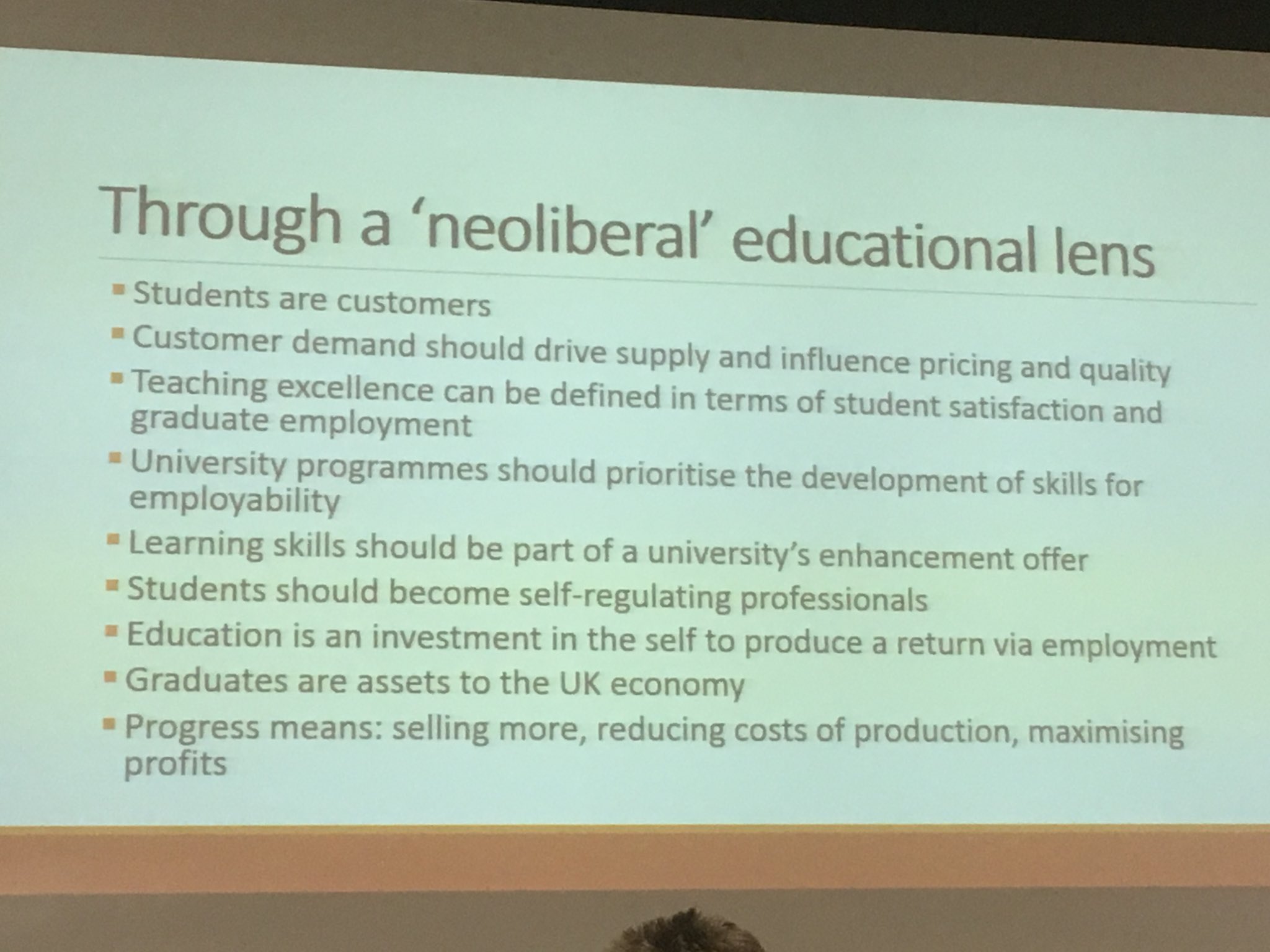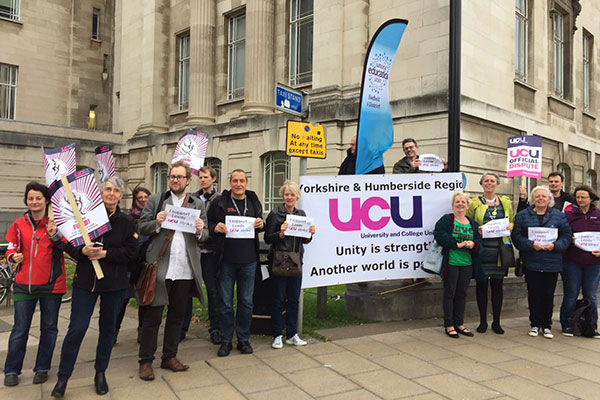 There’s been a bit of a debate in social media on how to run successful meetings. Jeff Bezos, the founder of Amazon seems to have kicked it off. According to the Guardian newspaper “Bezos told the audience at the George W Bush Presidential Center in Dallas, he has banned the PowerPoint presentations that dominate most commercial meetings. Instead, some poor devil must spend a week or more preparing “a six-page, narratively structured memo” full of “real sentences” rather than bullet points. Everyone else must then spend the first half-hour of the meeting silently – and publicly – pondering it, before moving on to a debate. Bezos calls this “a kind of study hall””
There’s been a bit of a debate in social media on how to run successful meetings. Jeff Bezos, the founder of Amazon seems to have kicked it off. According to the Guardian newspaper “Bezos told the audience at the George W Bush Presidential Center in Dallas, he has banned the PowerPoint presentations that dominate most commercial meetings. Instead, some poor devil must spend a week or more preparing “a six-page, narratively structured memo” full of “real sentences” rather than bullet points. Everyone else must then spend the first half-hour of the meeting silently – and publicly – pondering it, before moving on to a debate. Bezos calls this “a kind of study hall””
The Guardian went on to document a number of fairly bizarre ideas for how to make meetings more productive. One thing everyone seems to agree on is we spend too much time in meetings. In my view the real problem is online meetings. Online has simply made meetings too easy. At the same time, it has cut down on the need for so many face to face meetings – although some may not think that is much of an advantage.
I think there are a number of rules – for both face to face and online meetings. None are particularly new or profound. The first is to prepare meetings well. That means providing an agenda in advance – and anything people need to read or know before the meeting. The second and perhaps most important is have an active facilitator who chairs the meeting. The facilitator needs to keep things moving, make sure people stick to agreed timings, try to encourage constructive engagement and make sure everyone has a chance to contribute and to actively summarise discussions.
This is especially so with online meetings which lack the physical cues we rely on in face to face encounters. In face to face meetings we often turn up early (for the coffee) and have a chance to chat with other participants. That social action is critical but is hard (but not impossible) to reproduce on line. Closure is a particularly tricky issue online, with discussions having a horrible tendency to meander around in circles.
Finally – and this is what I am not so good at – make sure someone is keeping good notes of the meeting and try to get the conclusions out before everyone forgets what the discussion was about.
One of the problems is that there is little if any recognition of how important the facilitator is and subsequently few opportunities for training. There is often training in how to use a piece of technology, a community platform, a learning platform or an online meeting application. There is seldom training in how to facilitate its effective use in practice.
The Guardian reports Professor André Spicer from Cass Business School at City, University of London as saying: “The death of the long lunch is a tragedy for businesses.” “Many organisations had lunch together in cafeterias where everyone stopped and ate together and talked.” We lack long lunches together on line and for that matter coffee breaks. We need to find new ways of encouraging the social interactions which are so important for sharing knowledge and developing networks.








 Writing in
Writing in 